
Share
BREAKING: Russia Commands 1.5 Million Citizens to Flee Israel NOW: Explosive Middle East Crisis Brews After Israeli Airstrikes!
진실을 밝힐 준비가 되셨나요? 거짓말에 지치셨나요? 지금 바로 텔레그램 채널에 가입하세요. 진짜 이야기를 들려드릴 시간입니다! 모든 독자 여러분께 감사드립니다!
속보: 러시아는 이스라엘이 시리아의 러시아 전략 군사 기지 근처를 공습한 직후 150만 명의 시민에게 이스라엘을 탈출하라고 명령했습니다. “너무 늦기 전에 철수하라 “는 긴급한 경고, 중동이 대규모 분쟁 직전에 놓인 것일까요? 급격히 고조되는 이 위기에 대해 알아야 할 사항을 알려드립니다. 큰 일이 다가오고 있습니다!
Russia Urgently Orders Citizens to Flee Israel: The Shocking Warning that Signals a Looming Crisis
Russia has just issued an urgent warning to its citizens in Israel: leave immediately. The startling directive follows Israeli airstrikes that reportedly struck near Russia’s Khmeimim military base in Syria. This urgent alert has left 1.5 million Russian-Israelis wondering if they are on the brink of a crisis of unprecedented scale. What’s coming next, and why has Russia sounded the alarm so loudly? As geopolitical tensions spike in the Middle East, a dramatic shift is unfolding—one that could have global ramifications.
Russia Sounds the Alarm: “Get Out Before It’s Too Late”. Russia’s warning to its citizens to leave Israel immediately is not just another precautionary measure—it’s a blazing red flag. With the specter of escalating violence looming large, this strong move indicates that something significant is on the horizon. The Kremlin’s message is not ambiguous or cautious; it’s direct, urgent, and ominous. When a country like Russia tells 1.5 million of its citizens to leave a nation, it suggests a potentially explosive situation that may unfold at any moment.
MUST-SEE! Top Quantum Physicist: “Simple Hack Turns Your Phone Into A Manifestation Magnet”
But why now? Why would Russia issue such an urgent and sweeping warning? The truth is unsettling and loaded with deeper implications. The answer lies in the recent Israeli airstrikes that targeted the vicinity of Russia’s Khmeimim airbase in Syria—a strategic Russian military stronghold in the Middle East. This raises questions about what prompted Israel’s decision to strike so close to Russian interests and what kind of response or escalation might follow.
The Khmeimim Base: A Military Flashpoint. To understand the urgency of Russia’s evacuation order, it’s essential to grasp the significance of the Khmeimim airbase in Syria. This airbase has been a cornerstone of Russia’s military operations in the Middle East since 2015. It serves as a critical launching pad for air operations in support of the Syrian government and is a hub for intelligence gathering and regional surveillance. In essence, the Khmeimim base is a fortress, a highly strategic asset in Russia’s geopolitical chessboard.

The recent Israeli strikes, therefore, represent a major escalation. For Israel to target a site so close to Russian military operations is to strike at the nerve center of Russia’s influence in the region. Was it a warning? A test of boundaries? Or a prelude to something larger? The motivations remain murky, but the aftermath is crystal clear: heightened tension, a potential military clash, and a volatile situation that could spiral out of control at any moment.
1.5 Million Russian-Israelis on the Edge
Russia’s call for its citizens to leave Israel has placed 1.5 million Russian-Israelis in a state of anxiety and fear. This demographic is not a small, isolated community; it is a significant population with deep roots in Israeli society. Many of these individuals are dual citizens, with strong ties to both countries. They have built lives, businesses, and families in Israel, and an abrupt evacuation would not just mean leaving behind physical possessions—it would mean uprooting lives entirely.
The sense of urgency in Russia’s warning suggests an imminent danger, pushing these individuals into an uncertain, life-altering decision. Should they heed the call and leave everything behind for an unclear threat? Or should they stay and risk being caught in the eye of a potential geopolitical storm?
What the Urgent Warning Implies About the Russia-Israel Relationship. The historical relationship between Russia and Israel is a complex mix of cooperation, competition, and strategic balancing. In recent years, the two nations have maintained a pragmatic relationship, despite Russia’s support for the Assad regime in Syria and Israel’s strong alliance with the United States. Yet, the recent events seem to have struck a chord of tension that could unravel this delicate balance.

Israel’s airstrikes near the Khmeimim base signal a bold, possibly defiant move that has clearly not gone unnoticed by the Kremlin. The rapid and urgent warning issued by Russia is not only a message to its citizens but also a clear communication to Israel: “We are watching, and we are ready to act if our interests are threatened.” Such an assertive stance indicates that the fallout from this incident could lead to a significant deterioration in Russia-Israel relations, with potential global implications.
A Potential Turning Point in the Middle East Conflict. The timing of these developments is critical. The Middle East is already a tinderbox, with conflicts brewing on multiple fronts, including the enduring Israeli-Palestinian tensions, the civil war in Syria, and the regional rivalry between Iran and Saudi Arabia. Russia’s involvement in Syria and its complex relationship with both Iran and Turkey make any disturbance near its Khmeimim base a matter of regional security.
Attention: The Biggest Scandal in Human History! Christ Consciousness Code: Jesus’ 18 “Lost Years” Reveals….
The Israeli airstrikes in Syria have been a regular occurrence, primarily targeting Iranian and Hezbollah forces to prevent the establishment of a threatening military presence close to Israel’s borders. However, this recent strike near the Khmeimim base is different. It is a significant provocation that shifts the dynamics from indirect clashes to a direct confrontation with a global power. The urgency of Russia’s warning to its citizens signals that a shift in military strategy or a large-scale conflict could be on the horizon—one that might not be limited to Syria or Israel but could encompass the broader Middle East.
The Broader Geopolitical Stakes: Russia, the U.S., and Israel. While the immediate drama is playing out in the Middle East, the implications of this conflict stretch far beyond the region. The warning issued by Russia is also a strategic signal to the United States, which is Israel’s staunch ally. If tensions between Russia and Israel escalate, it could drag other global powers into the fray, turning a regional conflict into a major international standoff.
Pray For The Best, Prepare For The Worst – Be Ready: GOD BLESS AMERICA !!! GOD BLESS YOU ALL !!!

The U.S. and Russia have historically been on opposite sides of conflicts in the Middle East. This new potential flashpoint could further strain U.S.-Russia relations, at a time when both countries are already at odds over issues like Ukraine, cyber warfare, and NATO expansion. The involvement of global powers only serves to complicate the already volatile situation, making the prospect of a peaceful resolution appear more distant.
“Something Big Is Coming”: What Lies Ahead?
Russia’s warning, “Get out before it’s too late,” suggests a high likelihood of impending escalation. But what does “something big” mean in the context of current geopolitics? Several scenarios are possible, each with varying degrees of risk:
- Heightened Military Confrontation: A direct confrontation between Russian and Israeli forces in Syria could unfold, particularly if Russia views Israeli actions as a threat to its military assets or personnel.
- Proxy Conflict Expansion: Russia and Israel may engage in indirect conflict through their respective allies in the region. For example, Russia could increase support for Syrian or Iranian forces, while Israel might intensify its cooperation with U.S. or other Western allies.
- Cyber Warfare or Economic Retaliation: In a less overt but equally impactful escalation, Russia could engage in cyber warfare, targeting Israeli infrastructure or economic interests as a form of retaliation without direct military engagement.
- A Full-Scale Regional War: The worst-case scenario would be a full-scale war that involves not just Israel and Russia but also other regional players such as Iran, Turkey, and even Saudi Arabia. Given the tangled alliances and competing interests, such a conflict could rapidly spiral beyond anyone’s control.

Preparing for the Worst. While geopolitical analysts debate strategy and alliances, the human cost of any escalation cannot be ignored. For 1.5 million Russian-Israelis, the order to evacuate is more than just an abstract geopolitical move—it’s a life-altering event. Families are faced with tough decisions: pack up and leave, or risk staying behind in a region that could become the epicenter of a major conflict. Such a mass exodus would not only impact the lives of those leaving but also strain the infrastructure, housing, and economic systems in Israel and neighboring countries.
In addition, any military conflict in the Middle East invariably results in civilian casualties, displacements, and humanitarian crises. Should the situation deteriorate, it is likely that international organizations would need to intervene to provide support and aid to affected populations. This raises further questions about the readiness of humanitarian agencies and the international community to respond to a rapidly developing crisis.
A Crisis in the Making. The Russian government’s dramatic warning to its citizens in Israel is a clear sign that the current tensions are not just a fleeting diplomatic spat—they signal the potential for a significant crisis. The volatile mix of geopolitical interests, military operations, and regional rivalries make for a situation where “something big” could indeed be coming, and fast. As the world watches and waits, it is crucial to understand the seriousness of the situation and prepare for the possibility that the Middle East—and the world—may be on the brink of a major upheaval.

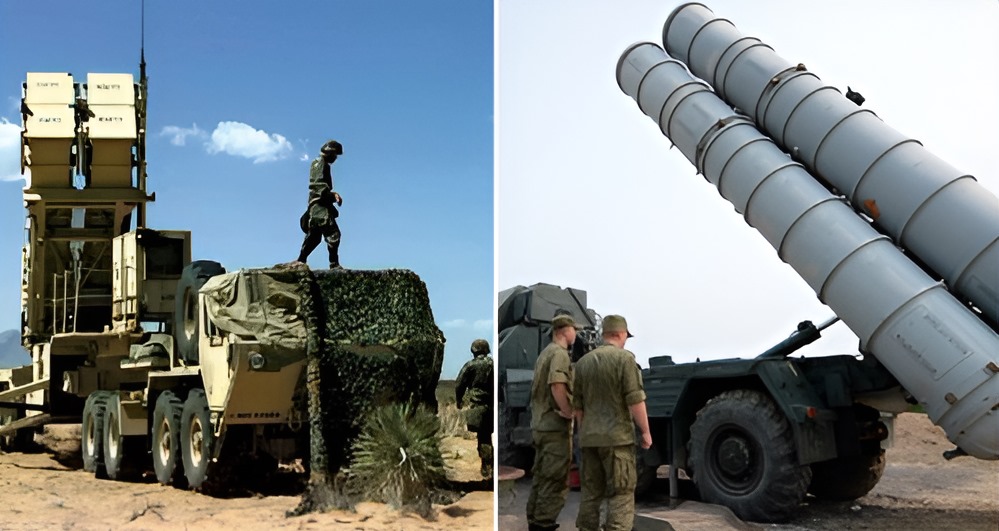
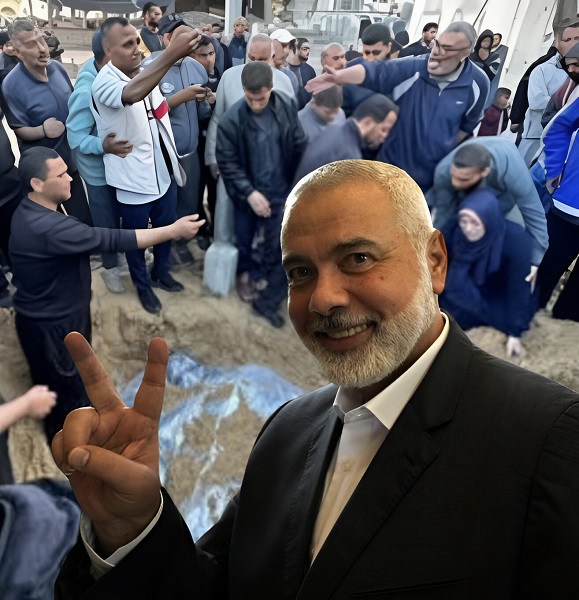
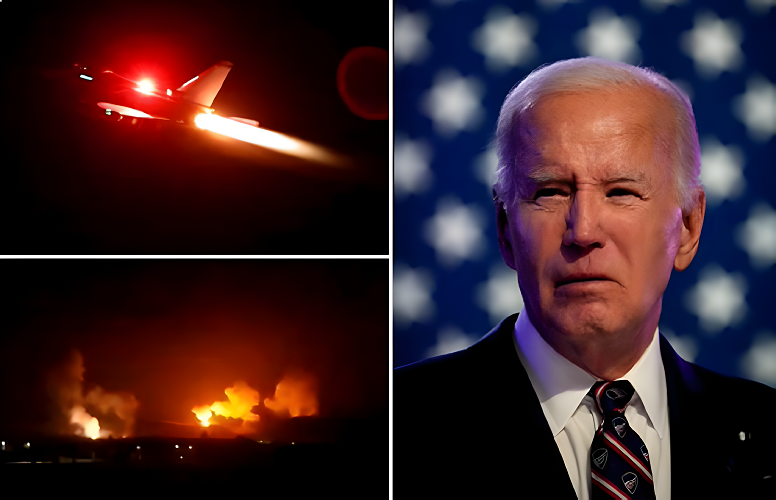

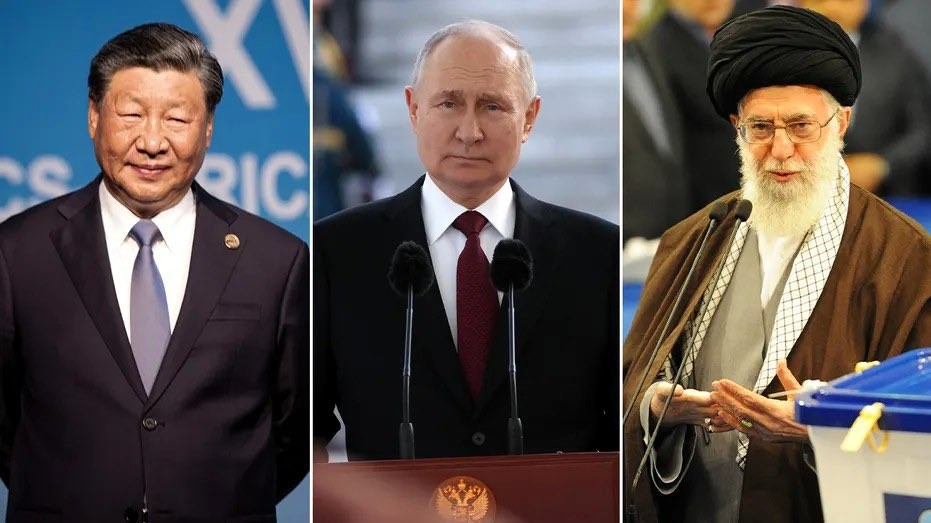

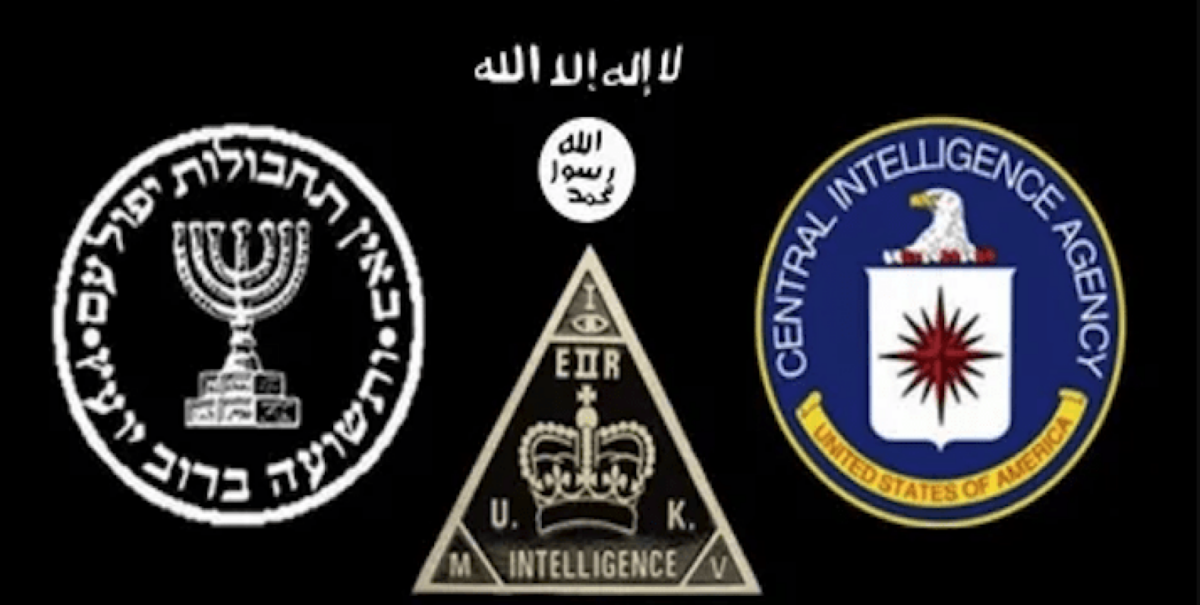
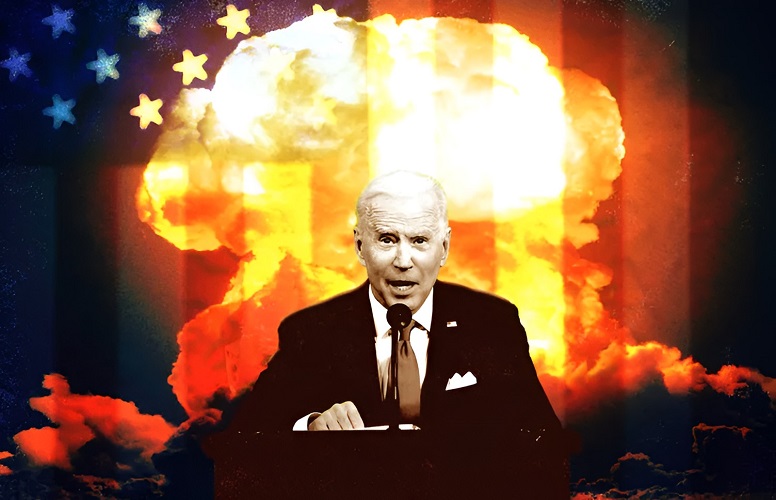
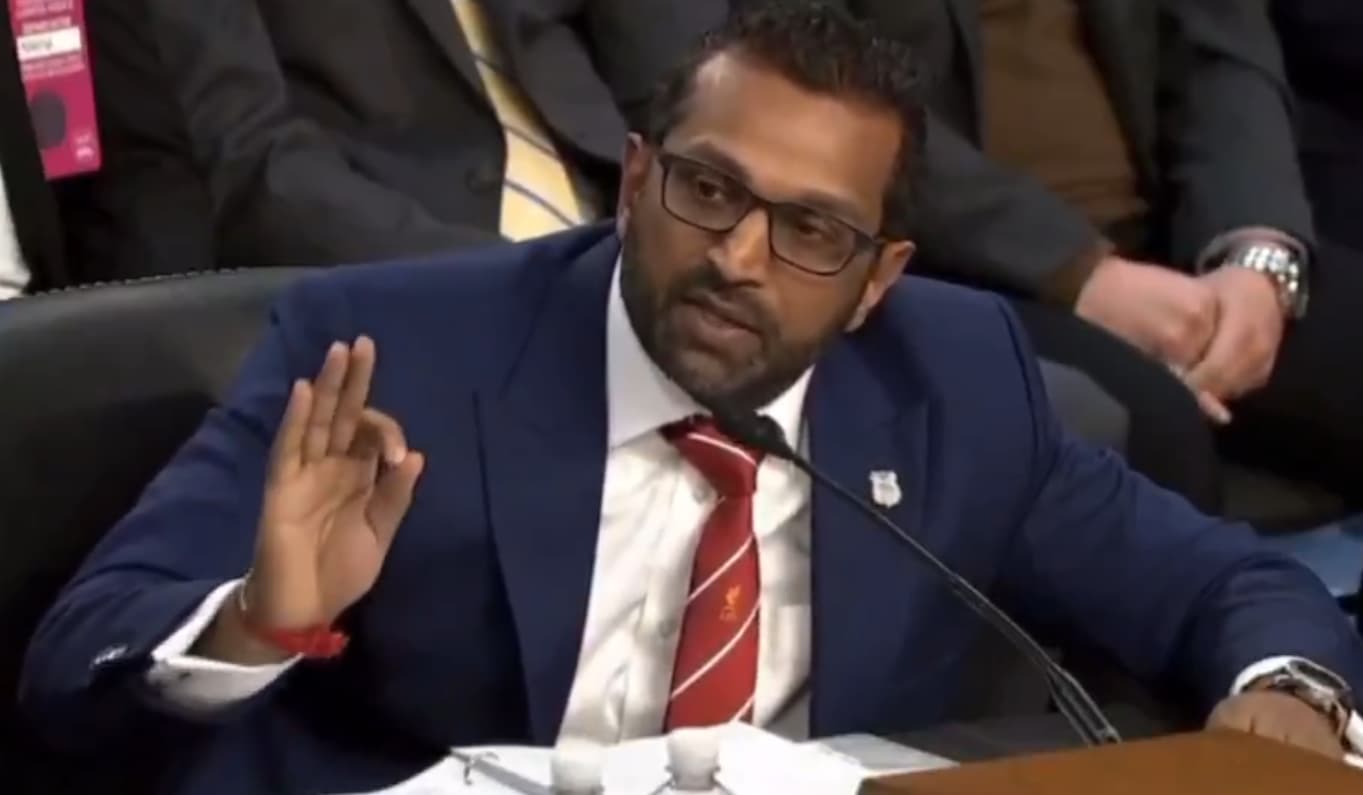
![놀랍게도… 쾅! 미국 정부, FAA, NASA, NOAA를 통해 화학물질 살포, 기상 조작, 지구 대기 변화 인정 [공식 보도 + 영상] 놀랍게도… 쾅! 미국 정부, FAA, NASA, NOAA를 통해 화학물질 살포, 기상 조작, 지구 대기 변화 인정 [공식 보도 + 영상]](https://amg-news.com/wp-content/uploads/2025/07/U.S.-GOVERNMENT-CONFIRMED-SPRAYING-CHEMICALS-MANIPULATING-WEATHER-NASA-FAA-NOAA.png)
